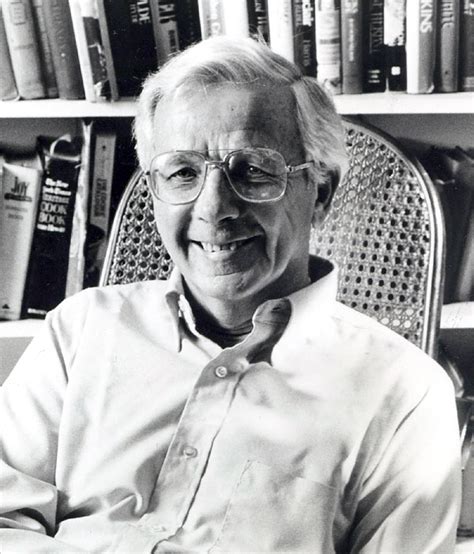A Quote by Yusef Komunyakaa
I excavate history. I look at lives buried under too much silence. Periods of time, like slavery, have to be revisited, reimagined, so we can move through them.
Related Quotes
I think certain periods of history don't get dealt with because I think historians, and it's their job, but they look back and look for patterns. They look for sequences and they look for reasons, and certain periods of history don't fit with the general pattern of 1500 to the 20th century, during which there's the creation of the United States. At this time of 1814, two nations who would eventually become close allies were at war with each other, so it doesn't quite fit.
I think certain periods of history don't get dealt with because I think historians, and it's their job, but they look back and look for patterns. They look for sequences and they look for reasons, and certain periods of history don't fit with the general pattern of 1500 to the 20th century, during which there's the creation of the United States.
Many things that human words have upset are set at rest again by the
silence of animals. Animals move through the world like a caravan of
silence. A whole world, that of nature and that of animals, is filled
with silence. Nature and animals seem like protuberances of silence.
The silence of animals and the silence of nature would not be so great
and noble if it were merely a failure of language to materialize.
Silence has been entrusted to the animals and to nature as something
created for its own sake.
The truth is that History, with its imposing capital H, is simply the amalgamation of many quotidian lives lived in very ordinary ways. History is always personal. If you read Holocaust survivor or American slavery survivor narratives, you realize all too well that these great Historical moments were personal to someone at some time.
Slavery as an institution that degraded man to a thing has never died out. In some periods of history it has flourished: many civilizations have climbed to power and glory on the backs of slaves. In other times slaves have dwindled in number and economic importance. But never has slavery disappeared.
I think it's one of the nicest privileges as an actor is to know that you can move people in one moment, make them think about their lives, or make them laugh or make them cry or make them understand something. Or just make them feel something because I think so many of us, including myself, spend too much time not feeling enough, you know?
Human history has become too much a matter of dogma taught by 'professionals' in ivory towers as though it's all fact. Actually, much of human history is up for grabs. The further back you go, the more that the history that's taught in the schools and universities begins to look like some kind of faerie story.






































